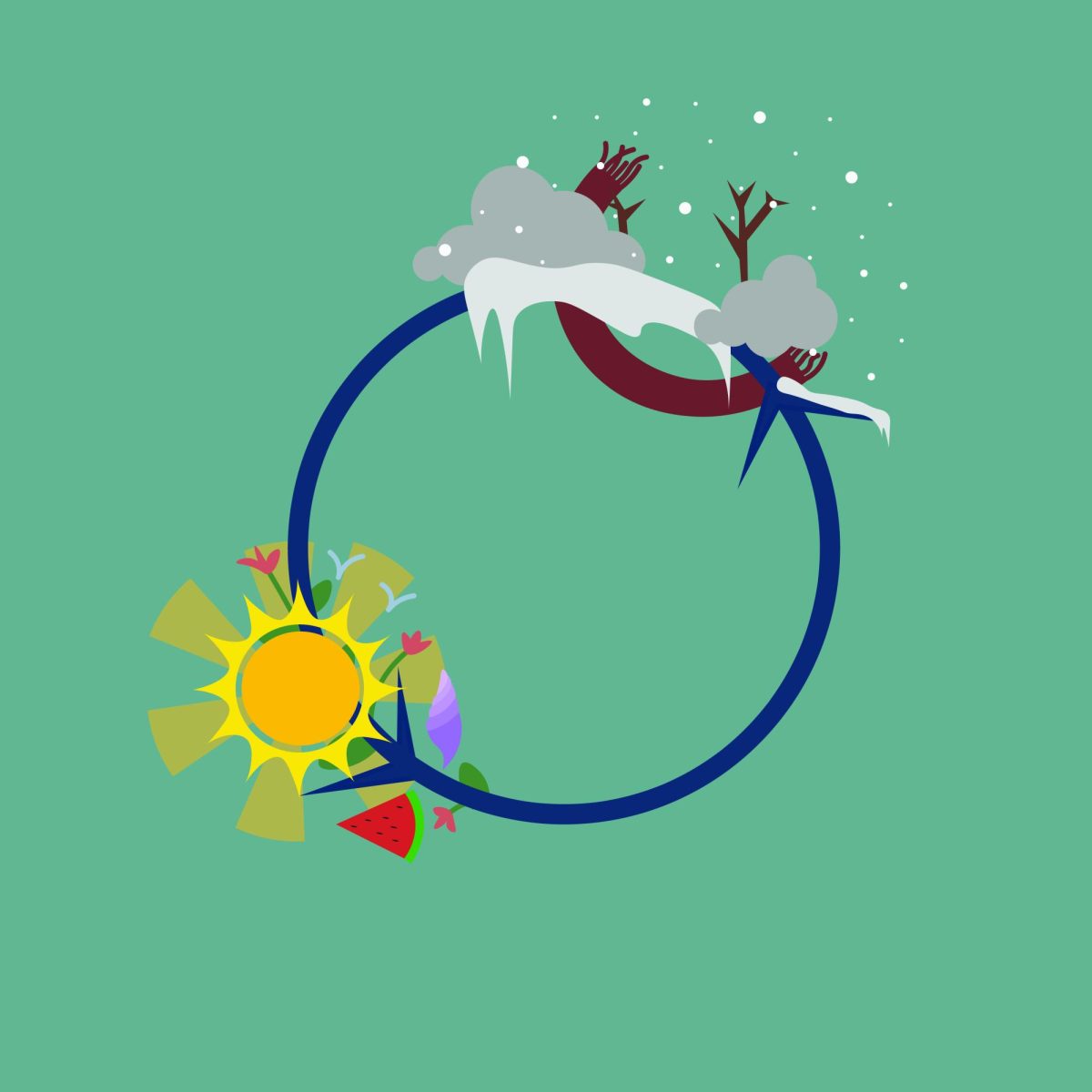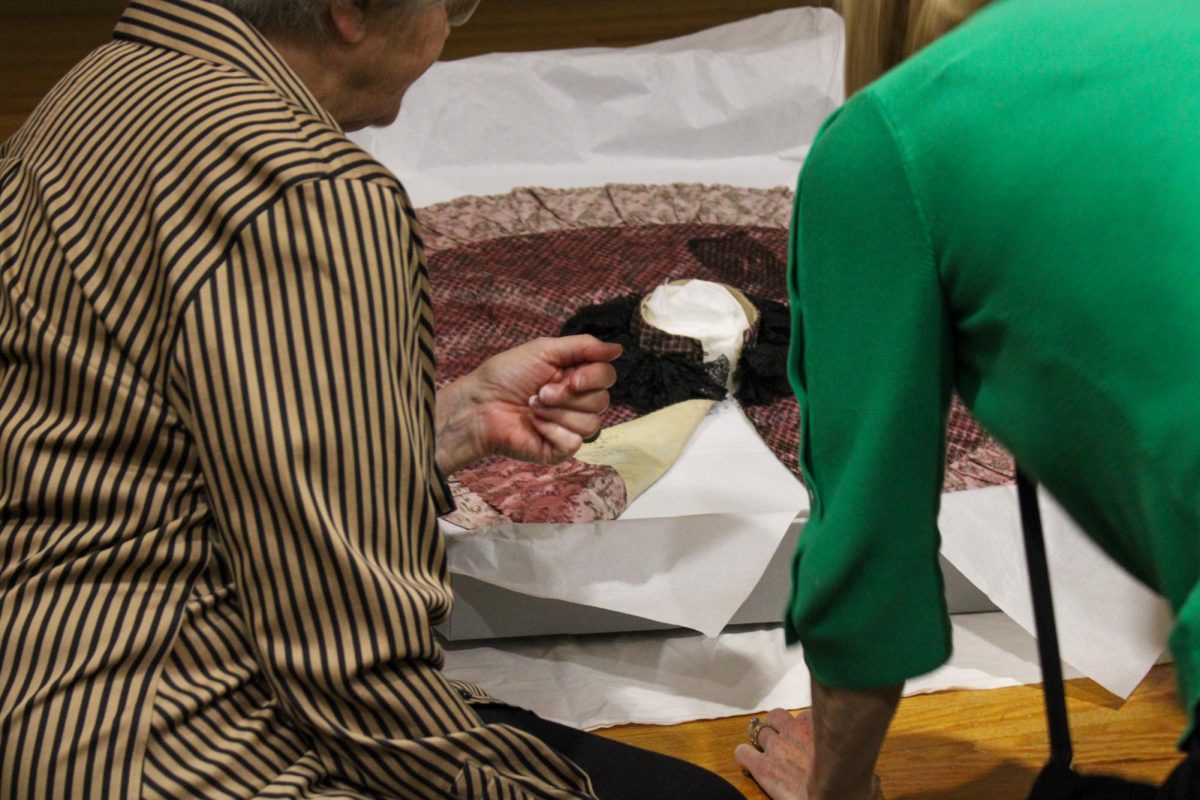It can be easy to dread the colder seasons as the days get shorter and slip into a state of depression.
As many as 19.7% of college students experience Seasonal Affective Disorder, according to the National Institute of Health.
“SAD is caused by a decrease in exposure to sunlight when winter weather begins, which can result in reduced vitamin D and serotonin in our bodies,” said Terra Howell-Muth, clinical manager at the Mental Health & Recovery Board of Portage County.
With less daylight, a chemical change is thought to be set off in the brain, leading to symptoms of depression, according to Johns Hopkins Medicine. On top of this, more melatonin is made when it’s dark, so this sleep-related hormone is produced more during the colder seasons.
Howell-Muth said symptoms of SAD include feeling sad, down or hopeless, having trouble sleeping, feeling less energetic than usual, experiencing changes in appetite and sleep patterns or being irritable.
College students who are affected by SAD may also be triggered by experiencing increased stress due to academic pressures or social events that happen during the winter, Howell-Muth said.
Max Klamm, a sophomore psychology major, said he has experienced becoming depressed when it gets colder out.
“I find it hard to say whether it’s due to seasonal depression or the other things that occur at that time of the year; the main one being going back to school, which for many people, including myself, is usually a negative experience,” Klamm said.
He said it is hard to look on the bright side when the seasons shift, but he always looks forward to starting marching band back up again and seeing his college friends.
“I would advise others to try and focus on the things that they like about the colder seasons, and spend time with the people that they care about because they won’t get that time back,” Klamm said.
Even if the weather isn’t good, Howell-Muth said things like going for a walk when there is sunlight can be a good coping strategy. Along with this, she suggested eating healthy, exercising and being patient: giving one’s mood time to improve.
“Know the season will change again. Keep busy and do not isolate during the winter months. Utilize self-care, doing things you enjoy, getting enough sleep and spending time with others,” Howell-Muth said.
Howell-Muth said seeking professional help can aid in overcoming SAD through counseling, medication, light therapy or vitamin D supplements, if prescribed by a physician.
For immediate distress, call 988. Other local resources for Portage County are linked here.
Lauren Cohen is a reporter. Contact her at [email protected]








